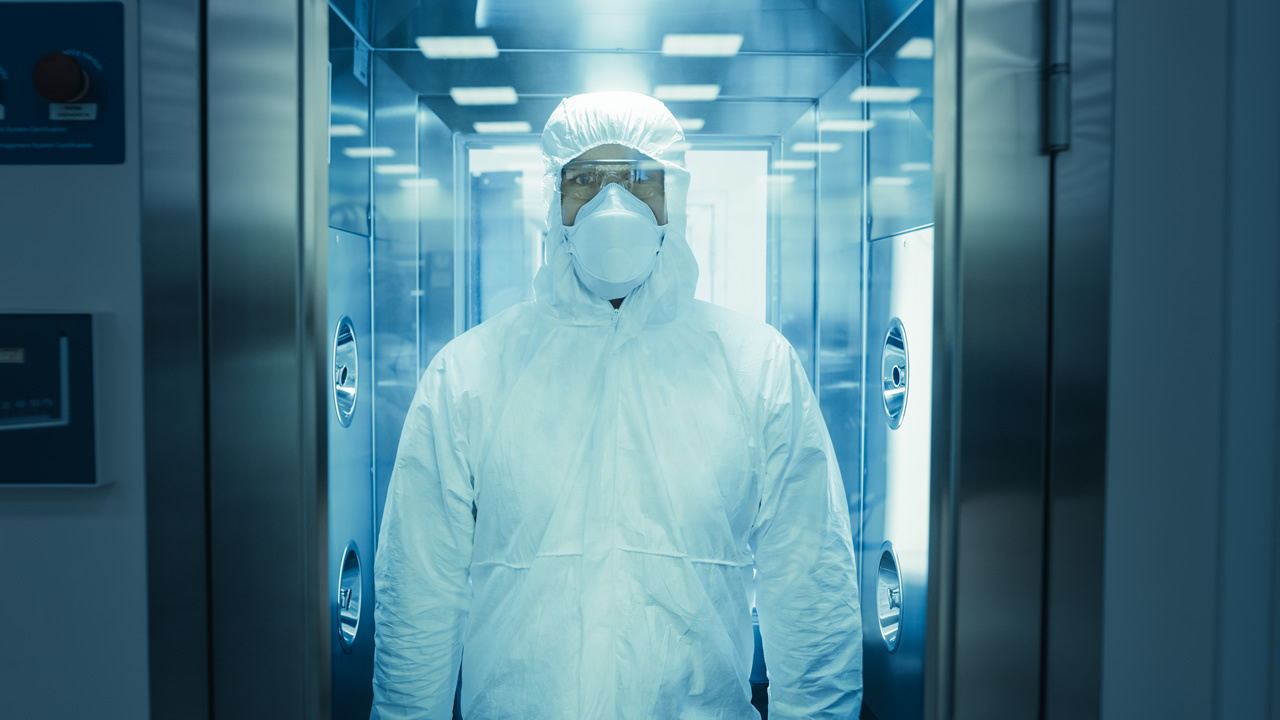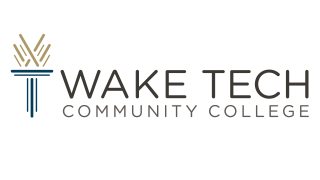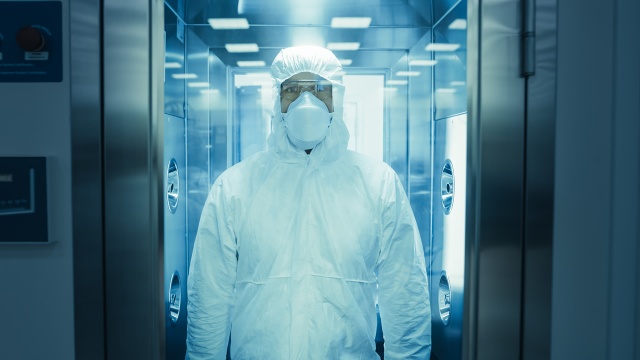This course introduces principles of contamination and containment for the biopharmaceutical industry along with responses using various procedures and engineering controls.
Additional procedures discussed include special gowning requirements and restricted personnel movement. Engineering controls presented include implementing air showers for exit procedures and use of isolators. Facility design considerations are also discussed.
- Manufacturing Technicians
- Team Leaders and Supervisors
- Quality Control Personnel
- Quality Assurance Personnel
- Maintenance / Engineers
- Contamination: Physical, Chemical, and Microbiological
- Basic Microbiology
- Detergents, Sanitants and Sterilants
- Effective Cleaning: Equipment and Facilities
- Sterilization Methods: Moist Heat, Dry Heat, Gamma Irradiation, Ethylene Oxide
- Containment: Concepts, Strategies, Equipment, and Considerations
- Biosafety
- Define facility and product contamination
- Discuss effects of contamination on industry practices with regard to consumer safety
- Recognize basic microbiological concepts
- Explain sterilization processes including:
- Steam sterilization
- Dry-heat sterilization
- UV light
- Chemical applications
- Appreciate the complexities of potent drug manufacturing or process contamination containment strategies
Delivered in-person in a classroom or lab setting.
Delivered online with a live instructor at a scheduled date and time.
Can be taken online at any time between the scheduled dates.
This course introduces principles of contamination and containment for the biopharmaceutical industry along with responses using various procedures and engineering controls.
Additional procedures discussed include special gowning requirements and restricted personnel movement. Engineering controls presented include implementing air showers for exit procedures and use of isolators. Facility design considerations are also discussed.
- Manufacturing Technicians
- Team Leaders and Supervisors
- Quality Control Personnel
- Quality Assurance Personnel
- Maintenance / Engineers
- Contamination: Physical, Chemical, and Microbiological
- Basic Microbiology
- Detergents, Sanitants and Sterilants
- Effective Cleaning: Equipment and Facilities
- Sterilization Methods: Moist Heat, Dry Heat, Gamma Irradiation, Ethylene Oxide
- Containment: Concepts, Strategies, Equipment, and Considerations
- Biosafety
- Define facility and product contamination
- Discuss effects of contamination on industry practices with regard to consumer safety
- Recognize basic microbiological concepts
- Explain sterilization processes including:
- Steam sterilization
- Dry-heat sterilization
- UV light
- Chemical applications
- Appreciate the complexities of potent drug manufacturing or process contamination containment strategies


